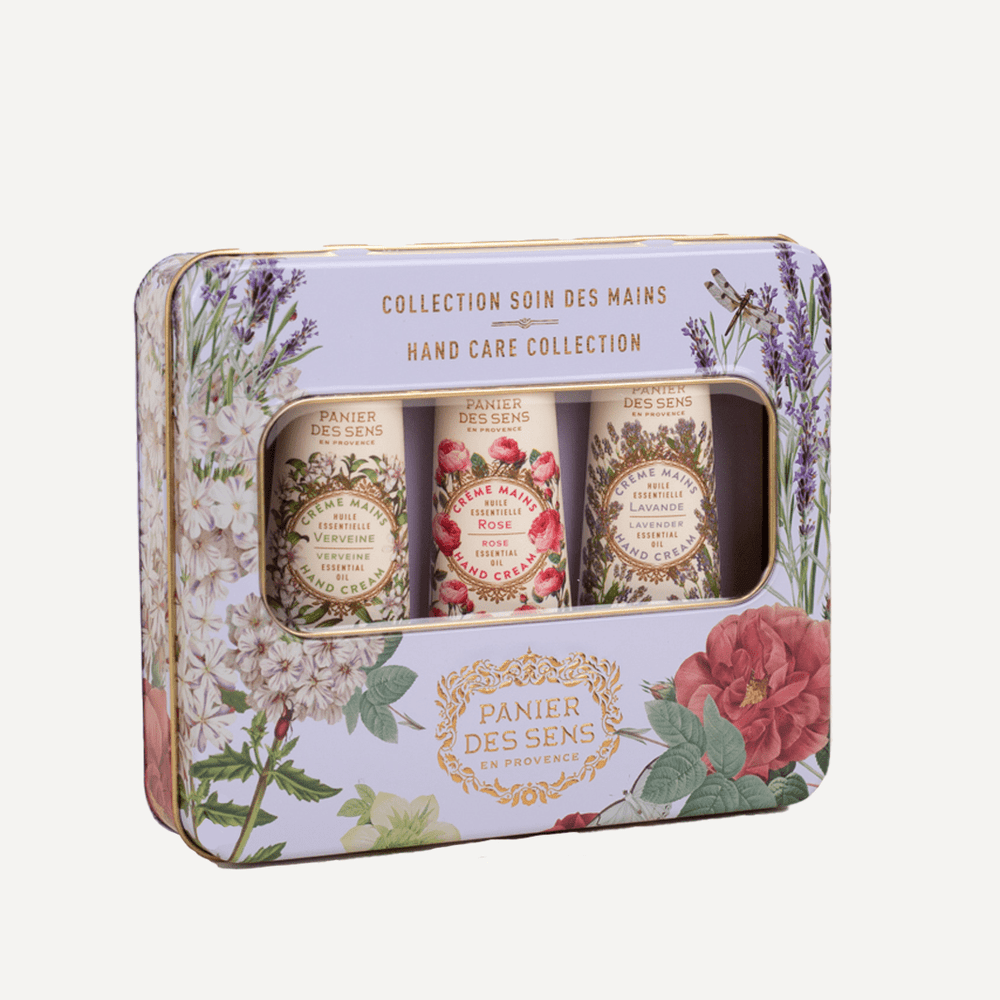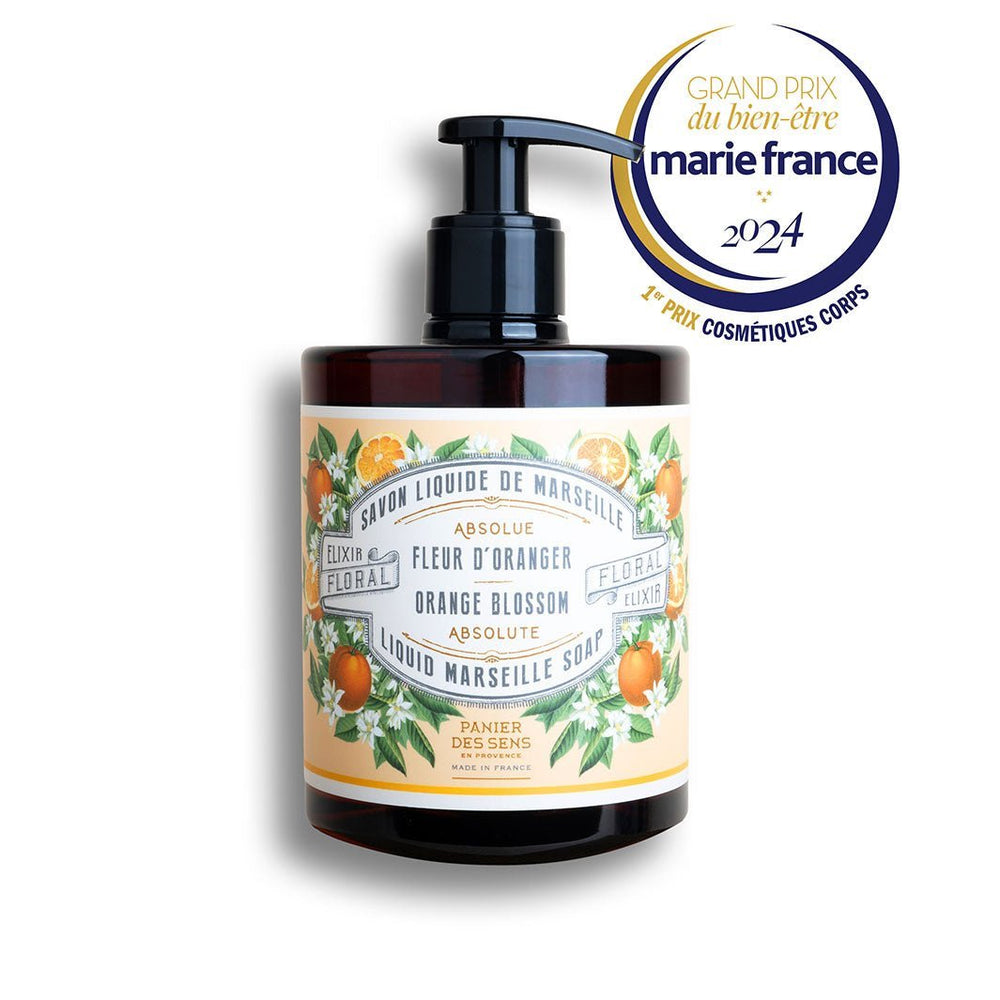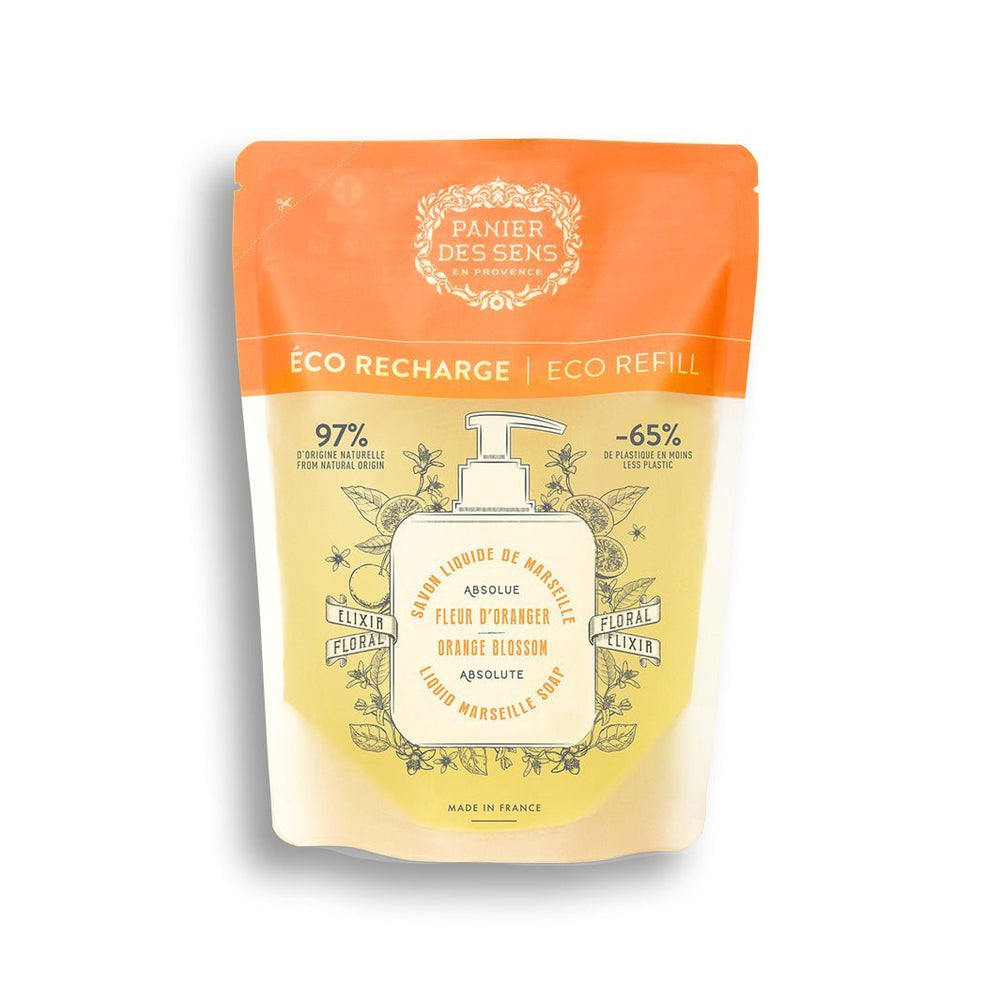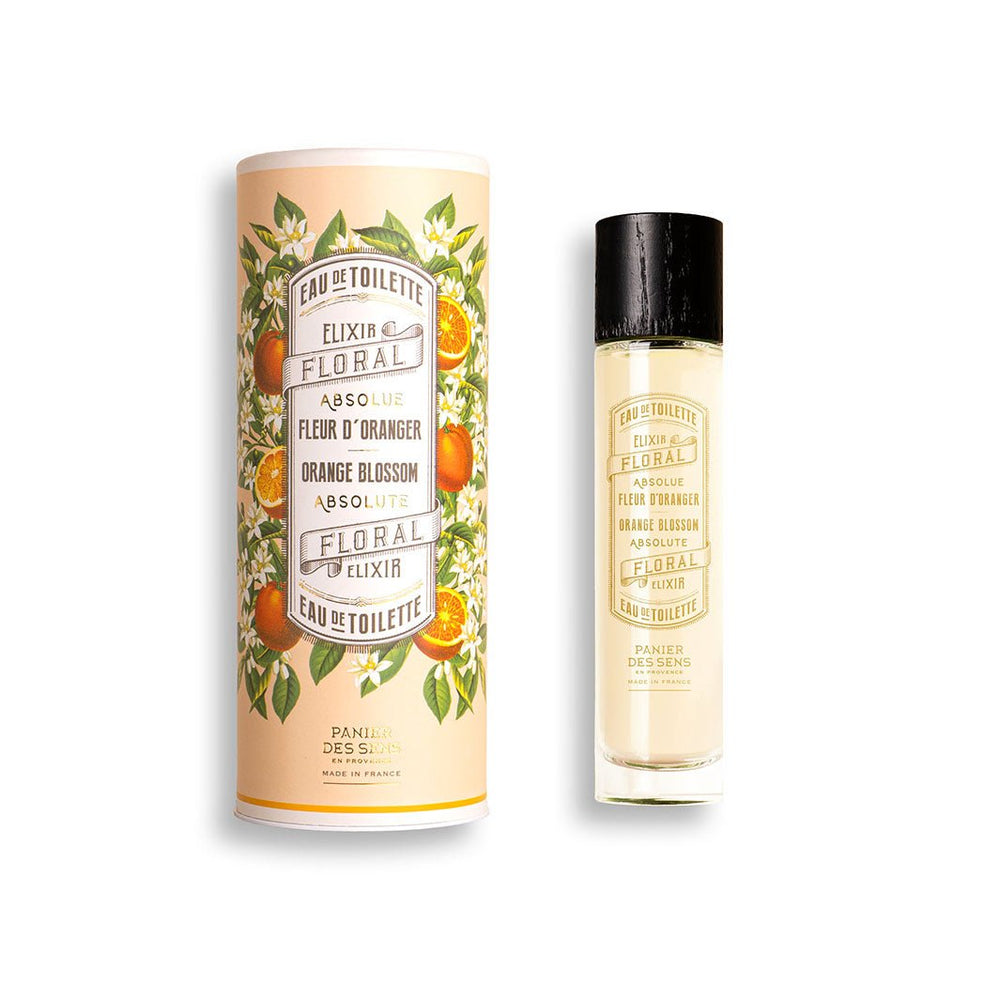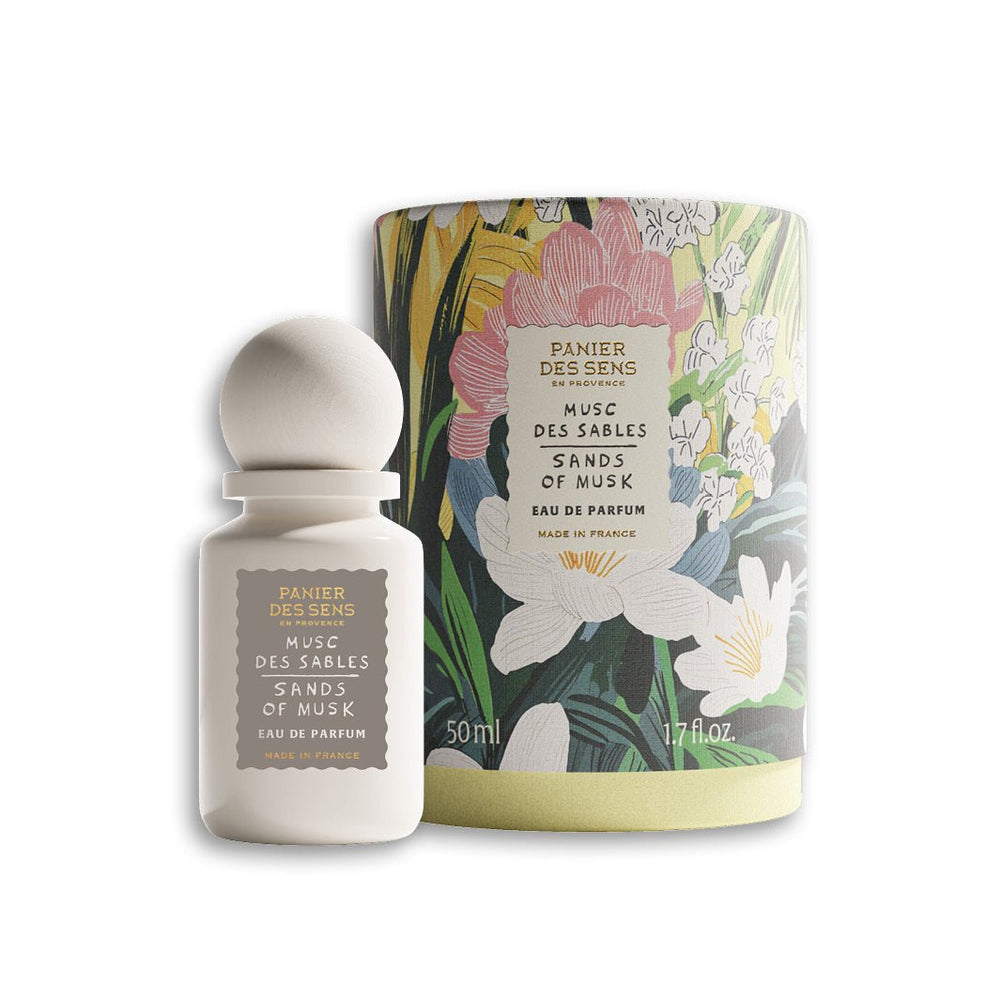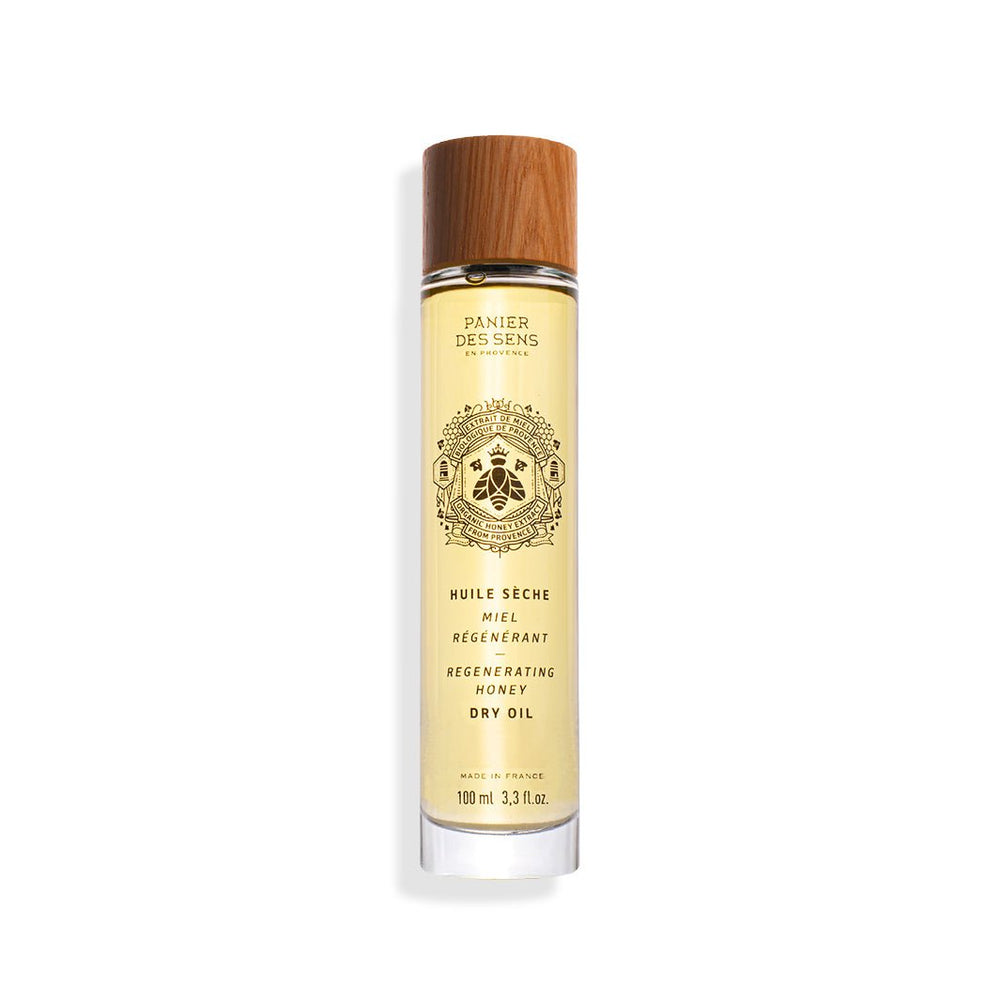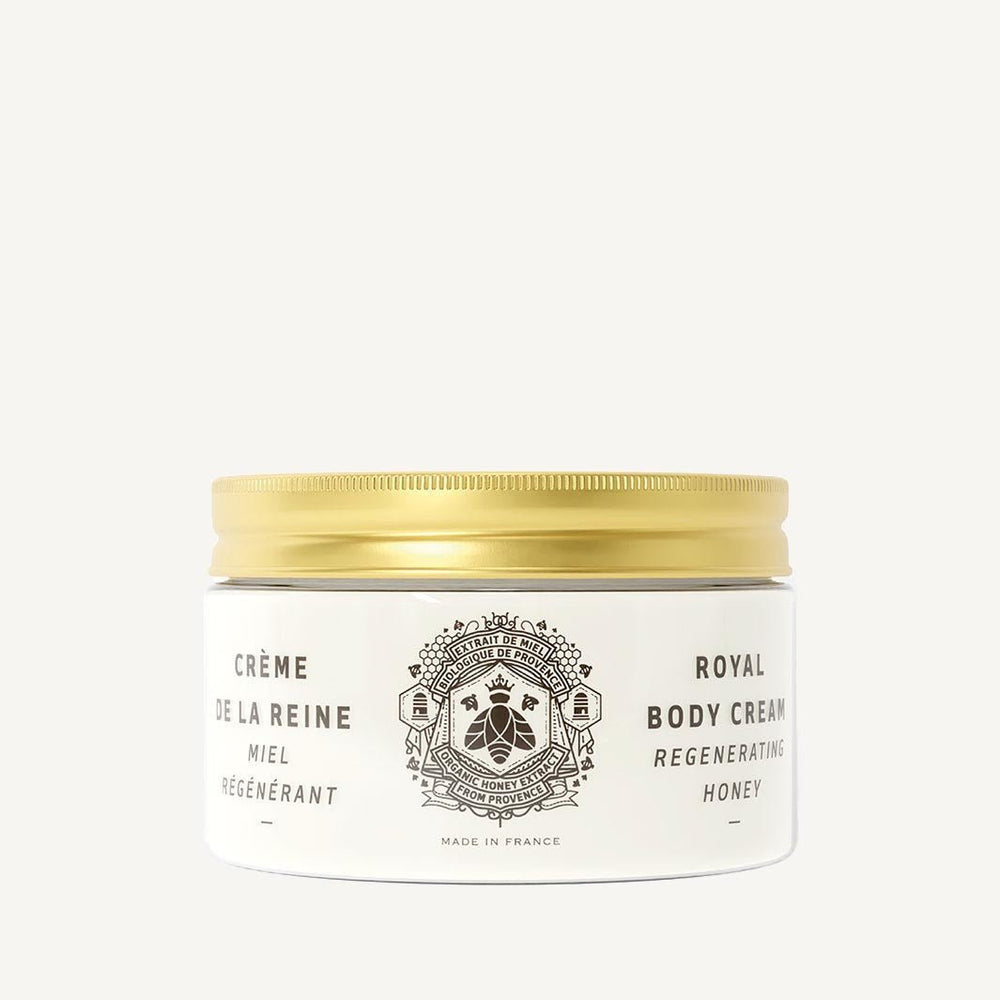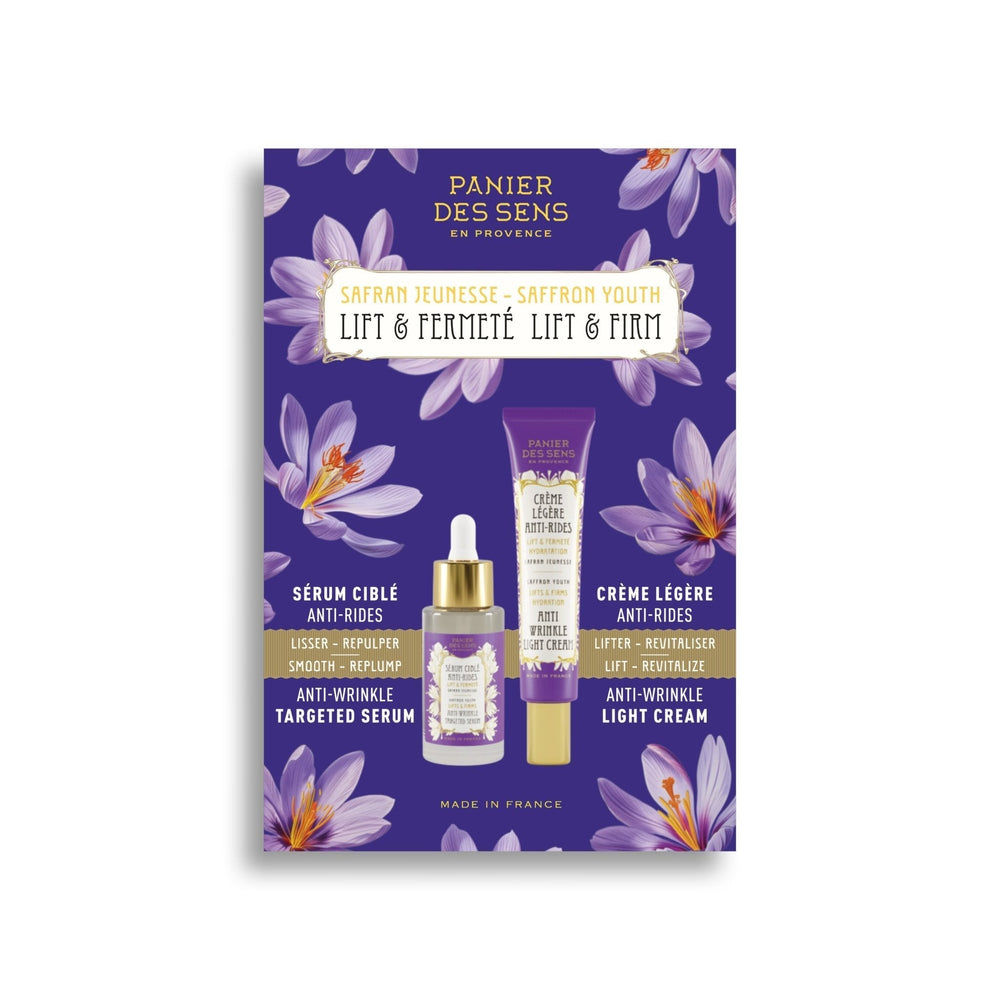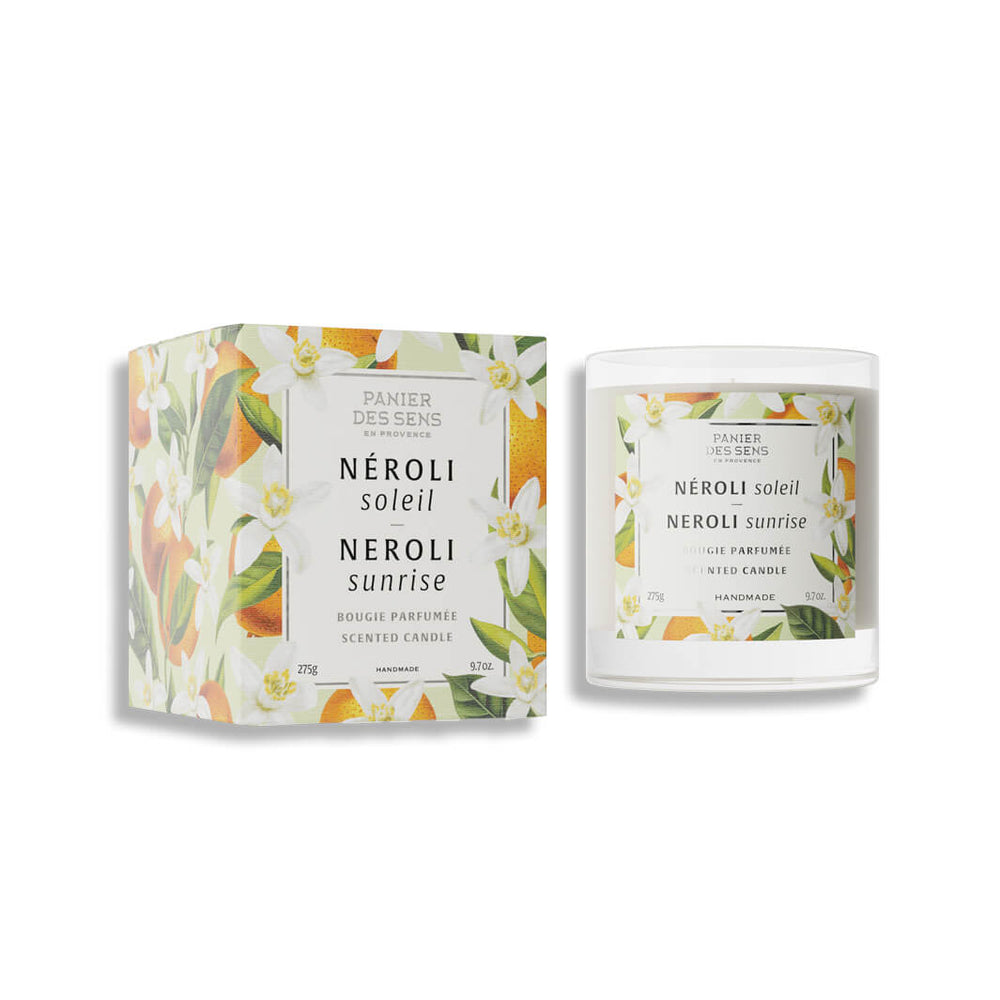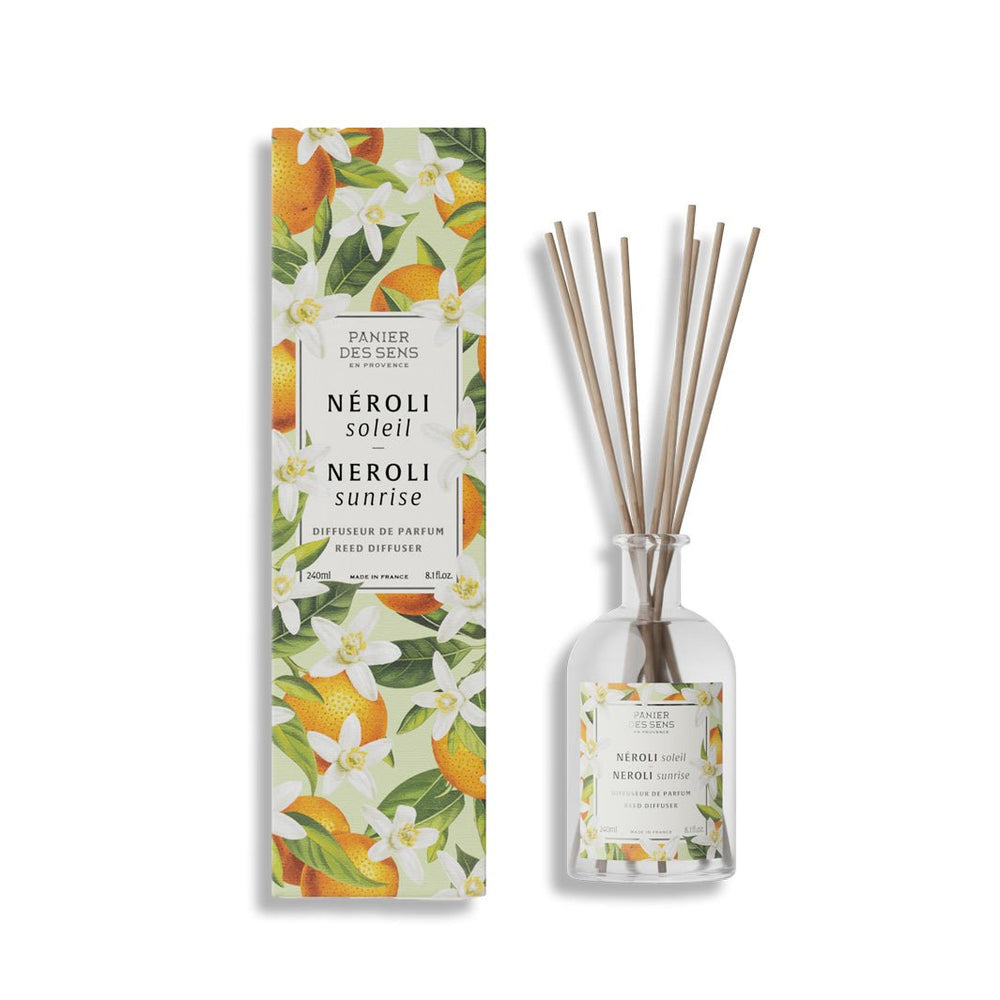What ingredients differentiate the different varieties of liquid Marseille soap?
Gentle on the skin and respectful of the environment, liquid Marseille soap has a rich, centuries-old tradition. Its essence lies in a scrupulous composition and manufacturing processes that have stood the test of time. To understand what gives each variety its unique characteristics, it's essential to look at the ingredients involved. The different varieties of liquid Marseille soap and their particularities are distinguished by their basic ingredients and saponification processes. We will then examine the specific elements that give each soap its exclusive properties, whether fragranced or enriched for skin care. Finally, the impact of these components on the effectiveness and end use of the product will be discussed, by comparing it to other liquid soaps on the market.

Composition and properties of traditional Marseille soap
Marseille soap, with its centuries-old heritage, remains a benchmark in care and hygiene. Its authentic composition is based on simple but effective ingredients, which have made its reputation far beyond the borders of Marseilles.
Basic ingredients
The fundamental ingredients of Marseille soap have remained unchanged since the days when Marseilles cauldrons bubbled with an alchemical mixture. Vegetable oil, the undisputed mainstay of soap, combines with soda to create this emblematic product. In the past, it was mainly olive oil that went into its composition, but today, to meet the diverse needs and preferences of consumers, other oils such as coconut or palm oil can be used.
Saponification process
What sets genuine Marseille soap apart is the age-old process of saponification in a cauldron. This traditional method involves a long, controlled circuit - sometimes lasting up to three weeks - allowing the natural ingredients to gently transform into a mild, hypoallergenic soap. Unlike modern continuous processes, where raw materials pass through a tower only to emerge quickly as a paste ready for molding, this historic technique guarantees superior quality thanks to meticulous control of the manufacturing stages.
Over the years, as petroleum-based detergents have gained ground in the liquid and powder laundry market, traditional soap has preserved its essence thanks to its tried-and-tested methods and organic ingredients. So, despite past industrial and economic turbulence, Marseille soap retains its timeless status as an essential ally for natural, respectful hygiene.
Ingredients specific to each variety
Scented varieties and their essences
While the authenticity of a Marseille soap can be judged by its pure composition, some contemporary varieties offer olfactory notes to delight the senses while retaining their cutaneous benevolence. Nevertheless, it's crucial to recognize that these scented soaps can't claim to be traditional Marseille soaps. Indeed, the addition of essences, even natural ones such as lavandula for a lavender soap, detracts from the product's hypoallergenic origin. However, these variants have their place in body care rituals, where fragrance contributes to a sensory experience without altering the soap's cleansing qualities.
Varieties with skin care additives
To meet the needs of even the most delicate skin, Marseille soap is also available in enriched formulas for enhanced comfort. These specialties incorporate ingredients such as essential oils and clays with soothing and purifying properties. For example, a soap enriched with green clay will appeal to those seeking to regulate excessive sebum production, thanks to its absorbing and rebalancing properties. It's important, however, that these additions remain true to the spirit of the original soap: natural and free from superfluous gimmicks such as synthetic foaming agents or controversial preservatives.
Impact of ingredients on use and efficacy
Influence of ingredients on cleaning properties
When you immerse your hands in water enamelled with liquid Marseille soap, the feeling of cleanliness is immediate. This cleansing effectiveness is no accident, but the result of a meticulous synergy between its natural ingredients. Vegetable oils, rich in fatty acids, give the soap its ability to dissolve grease and impurities, while soda provides alkalinity that easily neutralizes dirt. Together, they form an unshakeable tandem against soiling without attacking the epidermis.
Varieties enriched with essential oils or botanical extracts add antibacterial or softening properties to this solid base. So a soap enriched with lavender oil not only cleans, it also soothes the skin and offers a relaxing fragrance that transforms the simple act of washing hands into a moment of relaxation.
Comparison with other types of liquid soap
Faced with shelves full of products with complex formulas and endless ingredient lists, liquid Marseille soap stands out for its reassuring simplicity. Unlike some industrial soaps, which may contain harsh surfactants or synthetic preservatives, Marseille soap relies on its natural heritage to offer a safe, healthy alternative. Its lathering power may seem more modest than that of its modern competitors, but it's worth remembering that abundant lather does not necessarily mean better cleaning performance.
This minimalist approach has lost none of its relevance despite changing cosmetics habits. On the contrary, it meets a growing need for transparency and authenticity in body care. Savvy consumers recognize that liquid Marseille soap is not only an effective ally for daily hygiene, but also a choice that respects their health and that of the environment.
We recommend these other pages:
- Comparison of the different liquid Marseille soaps on the market
- How do you choose the right variety of liquid Marseille soap for your skin type?
- What are the specific properties of each variety of liquid Marseille soap?
- Are the varieties of liquid Marseille soap suitable for different uses?
- Tips for using liquid Marseille soap as a household product
- How to use liquid Marseille soap for window cleaning
- How do I clean a floor with liquid Marseille soap?
- How can liquid Marseille soap be used in the bathroom?


